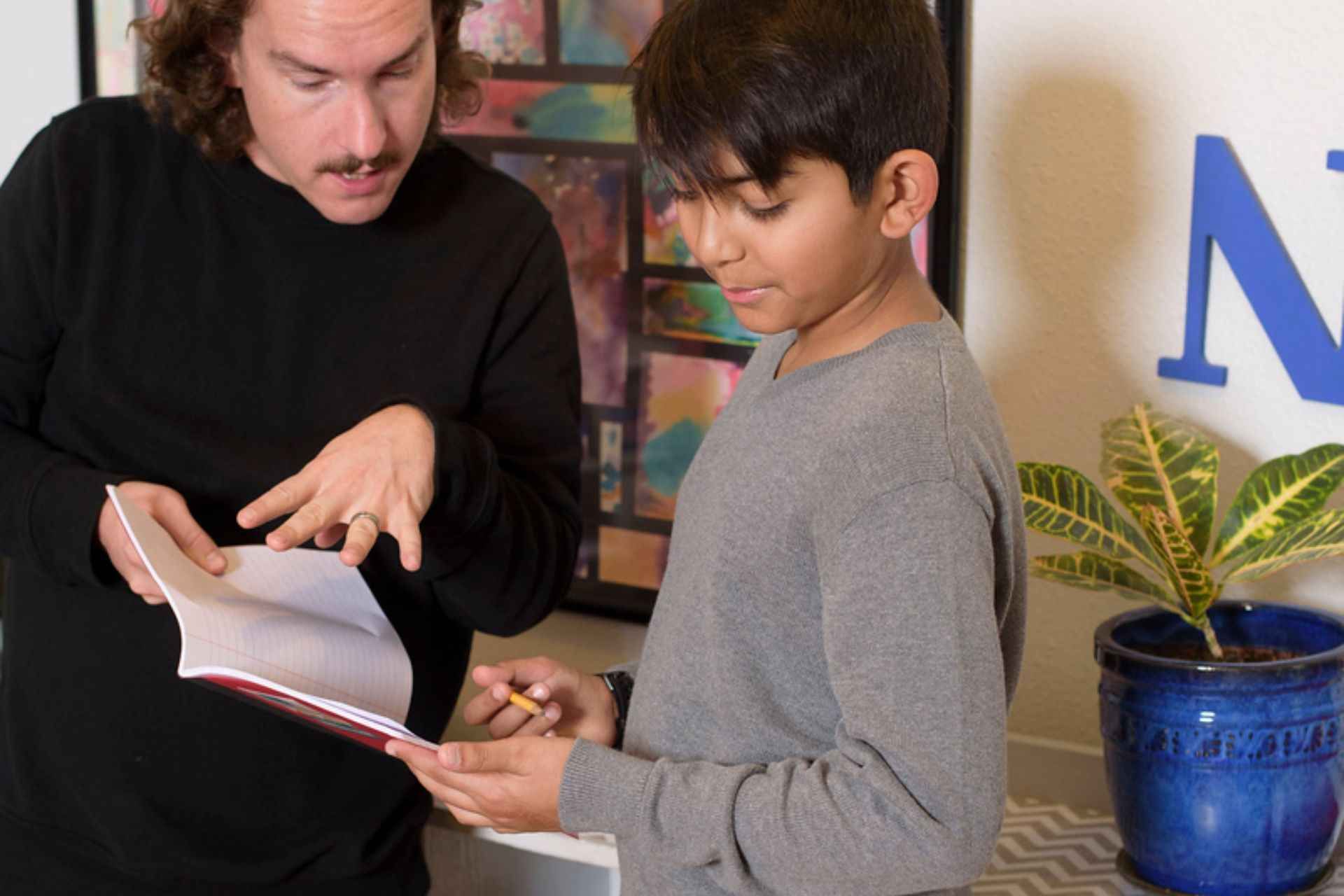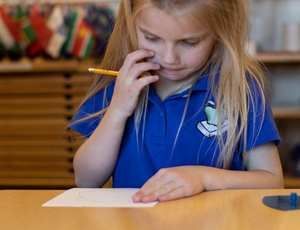Biographies in Contemporary Children’s Literature

Biography books for children have come a long way from the dull accounts of people’s lives that many of us read when we were young. Today’s young readers are captivated by learning about other people, whether they be major historical figures or not. The art of the memoir has changed how we tell the story of a life, and that style of writing has slipped itself beyond just autobiographies and can be found in mainstream biographies as well.
It’s impossible to list all the amazing books we would like to in this brief article, but please consider them to be a tiny slice of what’s available. As always, we provide links for you to learn more about each title, and we have sorted the books into different categories making it easier to find something suitable for readers of all ages. Enjoy!
Picture Books
(primary and lower elementary children)
Picture book biographies are incredible works of art. The illustrations are gorgeous, and the writing grabs the attention and wonder of young children and the adults who read to them. There are countless beautiful books out there; these are just a few titles that have been recently published.
In these books, children can learn about important human perspectives at a developmentally appropriate level. This includes the tragedy of the Holocaust, thriving with a disability, working hard to achieve one’s goals, preservation of native culture, dedication to social justice, and more.
- Nicky & Vera: A Quiet Hero of the Holocaust and the Children He Rescued by Peter Sís
- Unbound: The Life + Art of Judith Scott by Joyce Scott with Brie Spangler and Melissa Sweet, illustrated by Melissa Sweet
- Niki Nakayama: A Chef’s Tale in 13 Bites by Jamie Michalak and Debbie Michiko Florence, illustrated by Yuko Jones
- Child of the Flower-Song People: Luz Jiménez, Daughter of the Nahua by Gloria Amescua, illustrated by Duncan Tonatiuh
- Song for Jimi: The Story of Guitar Legend Jimi Hendrix by Charles R. Smith Jr., illustrated by Edel Rodriguez
- The Faith of Elijah Cummings: The North Star of Equal Justice by Carole Boston Weatherford, illustrated by Laura Freeman
- Ashoka the Fierce: How an Angry Prince Became India’s Emperor of Peace by Carolyn Kanjuro, illustrated by Sonali Zohra
Children’s Biographies
(elementary and middle school children)
The first two books in this section of our list are appropriate for lower elementary-aged children, while the rest are middle grade fiction best suited to upper elementary and middle school.
Just as with the picture books above, these cover a wide variety of important and interesting topics. They explore the lives of artists and their inspirations, living with a disability, how animals can make a profound impact on our lives, the complicated experience of living between two cultures, and life as a black child in the Jim Crow South.
- The Story of Frida Kahlo: A Biography Book for New Readers by Susan B. Katz
- Hokusai: He Saw the World in a Wave by Susie Hodge, illustrated by Kim Ekdahl
- Normal: One Kid’s Extraordinary Journey (Young Reader’s Edition) by Magdalena and Nathaniel Newman
- How to Be a Good Creature: A Memoir in Thirteen Animals by Sy Montgomery, illustrated by Rebecca Green
- While I was Away by Waka T. Brown
- Defiant: Growing Up in the Jim Crow South by Wade Hudson
Graphic Novels
(these particular titles are suitable for elementary children)
As we have mentioned before, graphic novels are appealing to many children, but they open doors for some. Pictures help increase our understanding of context within a story, and graphic novels present literature in easier-to-consume “bites”. Accessibility is important, and getting kids to read, in whatever way works for them, is a great thing.
These three books happen to be about famous figures, but they have a nice way of presenting biographical information to children in an interesting and memorable way.
- Albert Einstein and the Theory of Relativity by Jordi Bayarri
- Wildheart: The Daring Adventures of John Muir by Julie Bertagna, illustrated by William Goldsmith
- Seen: Rachel Carson by Birdie Willis, Rii Abrego, and Kieran Quigley
Young Adult Biographies
(high school)
High school students are typically ready to consider heavier topics. They have a deep sense of justice and the motivation to make change. This makes it the perfect time to introduce them to how life is sometimes messy, complicated, and unfair.
Themes include growing up black in America, immigration and war, surviving sexual assault, and being falsely accused and imprisoned. One of the books - Passport - is a graphic novel that details the author’s life growing up with parents who work for the CIA.
- Accused: My Story of Injustice by Adama Bah
- Passport by Sophia Glock
- Shout by Laurie Halse Anderson
- We Are Not Broken by George M. Johnson
- Call Me American: The Extraordinary True Story of a Young Somali Immigrant (adapted for Young Adults) by Abdi Nor Iftin






